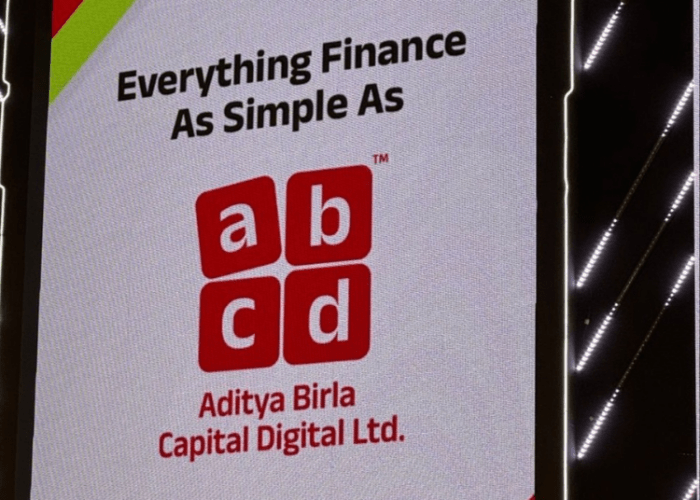According to the Consumer Protection Act 2019, followers can sue social media influencers for lying about liking a product intentionally. Yes, it is true.
If an influencer has not informed that it is a paid promotion and intentionally lying about the product that it is good when it is not, followers can sue the influencer for misleading advertising for up to Rs10 lakh and repeat offenders can be fined up to Rs 50 lakh.

This move comes considering the increasing incidents of misleading advertisements.
Nowadays, you will find many social media influencers reviewing/endorsing the products and that’s how influencers earn from brands. Well, the biggest problem is people do not know whether the influencer they are relying on actually used the product or not. And unfortunately, most online influencers on social media in India do not reveal if they’re genuinely endorsing a product or if they’ve been paid to say nice things about it, even if it’s not true resulting in ‘misleading advertisement’.
Why it is worrisome?
Influencer-followers relation is all about trust and brands know that. You would be surprised to know that Indian influencer market stands at $75-150 million. So many influencers are willing to mislead their followers for the alluring money that they receive from brands. That’s why The Advertising Standards Council of India (ASCI) working on new guidelines that will ensure social media influencers have to disclose if they’re promoting a product.
When you can sue influencer?
According to LexRidge Partners, Advocates and Solicitors,
“Falsifying a product’s description, giving fake guarantees or deliberating keeping pertinent information from users is against the law if a person is being paid to do it as it falls under ‘misleading advertisements.”
So in such situations, you can go after your influencer. But if an influencer has already mentioned it is paid partnership, it is the user’s responsibility to figure out whether the product is good or not or the company will be held responsible for any claims.
Source: Businessinsider.in












